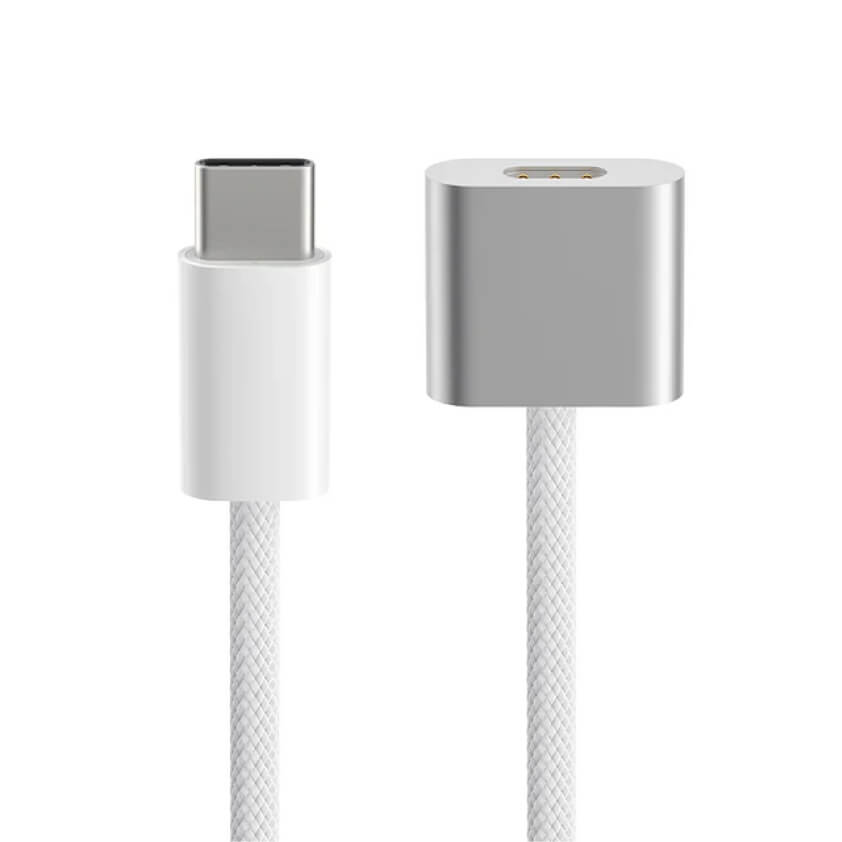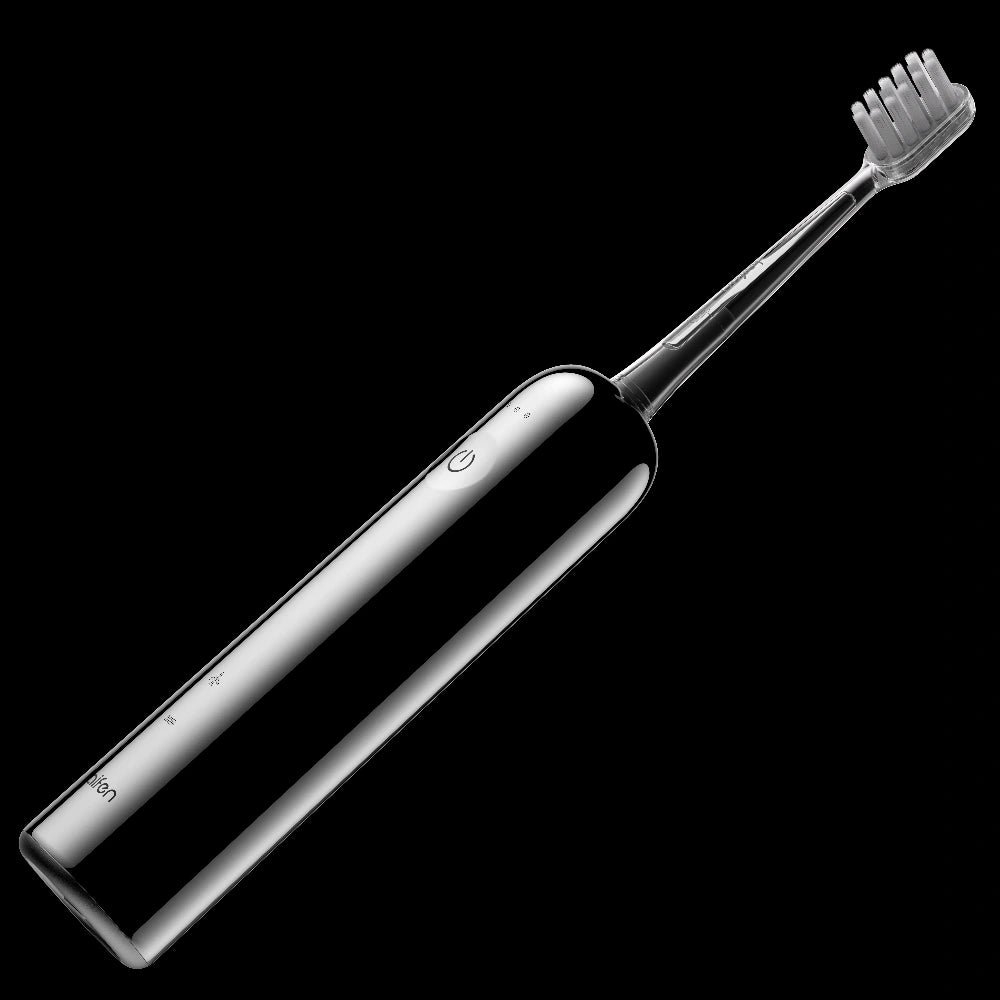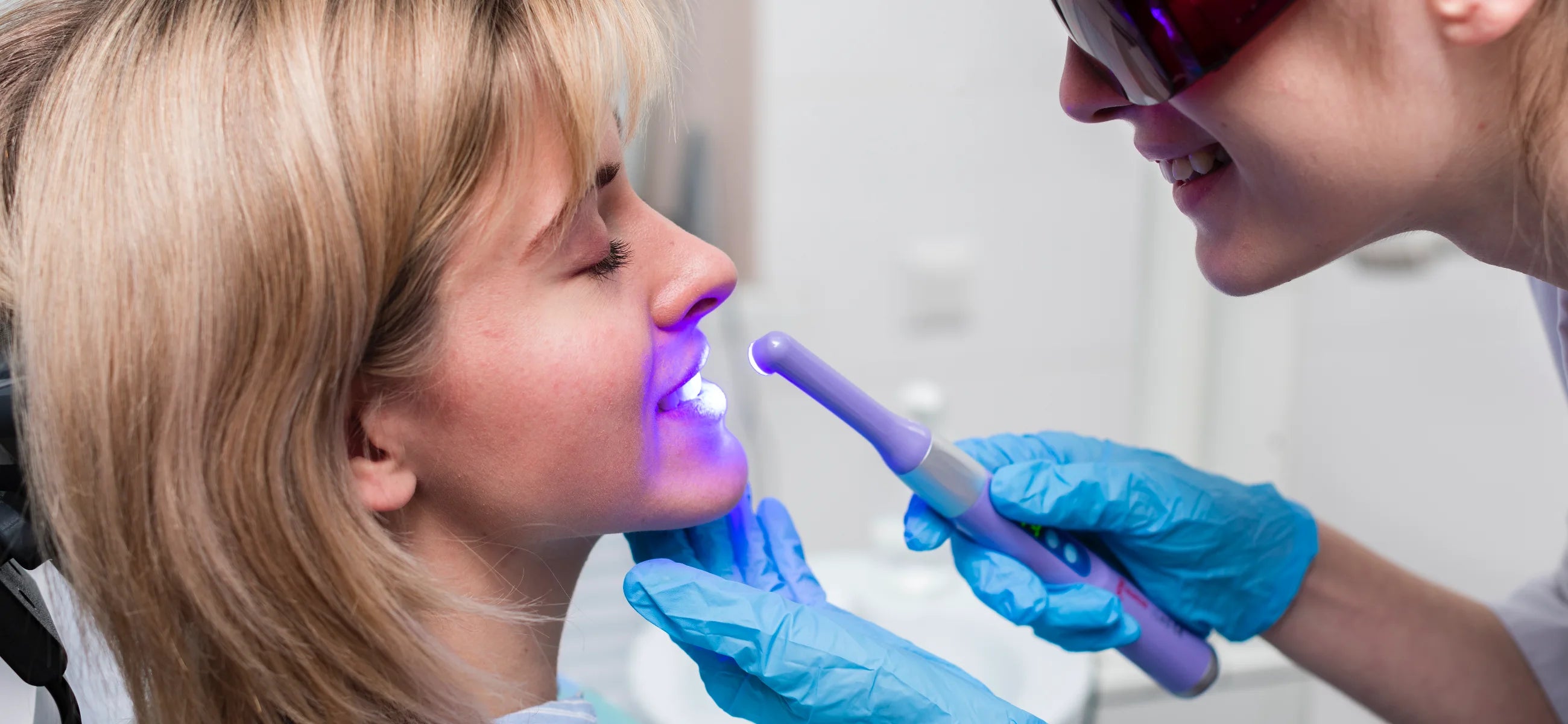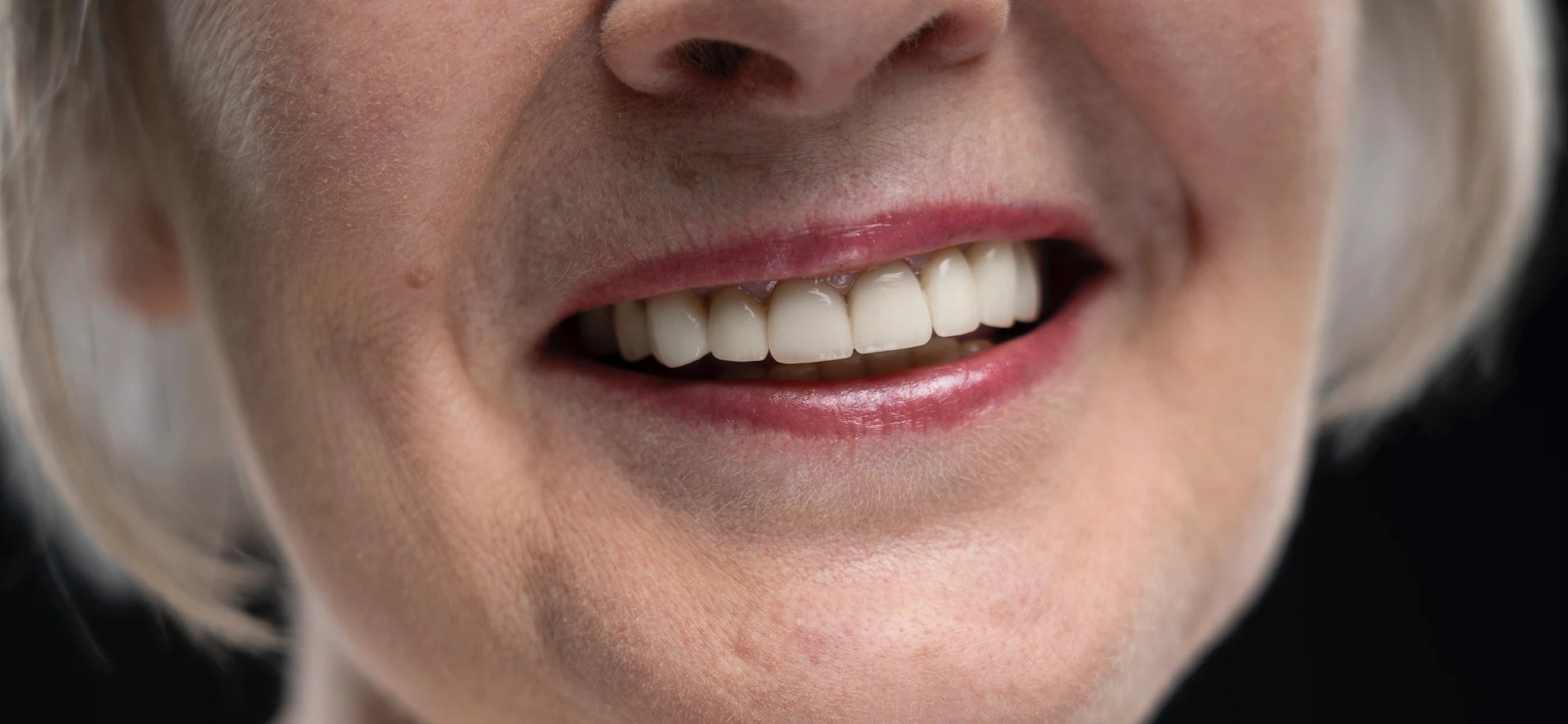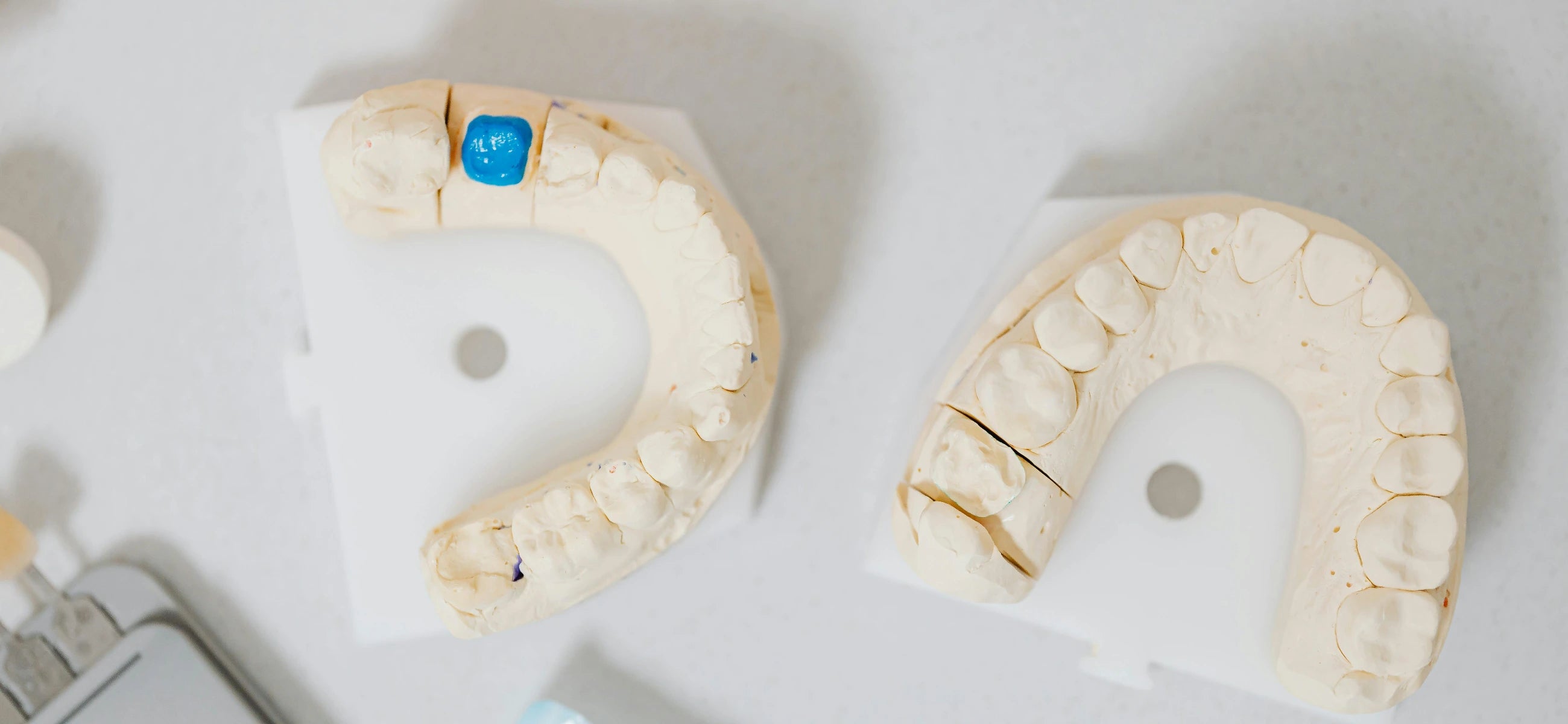
In this article
Bleeding gums causes are numerous and range from gingivitis to trauma and impact injuries. We asked our dental experts to explain the most common cause of bleeding gums in adults, and they listed numerous issues, diseases, infections, and factors that might cause someone's gums to bleed.
With that in mind, we take you through each of these potential causes in detail, so you can consider if they might be the cause of your bleeding gums. You can also contact your dentist directly for an exact diagnosis if you experience bleeding gums regularly.
What causes bleeding gums?
There are actually lots of bleeding gum causes, and it's not easy to generalize from person to person. Some people experience bleeding gums from time to time, while others might experience them regularly, perhaps on a daily or weekly occurrence.
If you fall into the second category and experience bleeding gums regularly, you should plan a trip to see your dentist so they can diagnose and treat the underlying cause. But to give you an idea of what might be causing your gums to bleed, here are some of the most common bleeding gum causes:
Gingivitis
Gingivitis indicates the early onset of gum disease. Though not as serious as periodontitis, it can cause bleeding gums and increased sensitivity of your teeth.
It's usually caused by poor dental hygiene, and people who don't floss regularly or brush their teeth twice daily are more susceptible to gingivitis.
The good news is that it can often be treated and reversed simply by improving your dental hygiene. Brushing your teeth 2-3 times per day with the Laifen Wave, using an antibacterial mouthwash, and flossing 2-3 times daily should be enough to improve your oral hygiene and keep gingivitis at bay.
Plaque or tartar build-up
Sometimes, plaque can irritate your gums and cause them to bleed. Plaque is the film of bacteria that has formed on your teeth. When plaque hardens, it becomes tartar, which is much more difficult to remove.
Like gingivitis, both plaque and tartar are usually a result of poor dental hygiene, and if they are causing your gums to bleed, you should ask your dentist to clean and polish your teeth.
Trauma or impact injury
If you have fallen over or experienced trauma from an accident or a sports event, you might experience bleeding gums. This can often be a result of you biting your gums by accident, and it can be extremely painful.
Just like other impact injuries, the wound inside your mouth should clear up by itself. But if you think you have damaged one of your teeth, you should contact your dentist.
Pregnancy
Hormone changes during pregnancy can lead to red and tender gums. For some women, this increases the likelihood of bleeding gums, particularly when flossing and brushing. In fact, around 50% of pregnant women may experience bleeding gums, so it's nothing to worry about if you notice this during your first trimester.
Diet
If you don't eat well and follow a diet that is high in processed foods and sugar, your gums are more susceptible to bleeding. Switching processed and refined foods for a diet rich in fruits and vegetables will help to protect your gums in the long run.
[See also: Can you chew gum while fasting?]
Denture problems
If you wear dentures, they could be the cause of your bleeding gums if they don't fit correctly or have become displaced. This is generally a quick fix, as you can visit your dentist's office and ask them to inspect your dentures. They should be able to rectify the problem and prevent them from irritating your gums.
Diabetes
Should you experience bleeding or swelling gums alongside other symptoms, you might be experiencing the early signs of type 2 diabetes. Bleeding gums, in this instance, result from the fact that your body isn't as effective at fighting against germs. Diabetes is a serious condition, and you should contact a doctor if you think you might be diabetic.
Smoking and vaping
One of the long-term side effects of smoking and using other tobacco products is bleeding gums. People who smoke are much more likely to develop gum disease and may experience sores and other issues like receding gums. Vaping can also lead to bleeding gums, so reducing or eliminating vaping/smoking can be extremely beneficial to your gum and teeth health.
When to seek help for bleeding gums?
As there are so many potential bleeding gums causes, you might need to visit your dentist for a diagnosis. This is the best way to quickly identify the underlying cause of your bleeding gums, and it gives you the best chance to start the required treatment early.
Gingivitis is easily treated, and a deep clean of your teeth can remove plaque and even tartar. Your dentist will then advise you to adopt better oral hygiene to prevent the problem from reoccurring.
If you think your bleeding gums might be a result of underlying health conditions like diabetes, you should arrange a consultation with your local GP to diagnose the problem and work out the best course of treatment.
Conclusion
There are so many potential causes of bleeding gums, so you might need to visit your dentist or doctor for an initial diagnosis, particularly if your gums have been bleeding for an extended period of time.
You can also refer to our FAQs below for more information on health issues that might be causing your gums to bleed.
FAQ
Q1: What deficiency causes bleeding gums?
Some people who are deficient in Vitamin C and Vitamin K may experience bleeding gums. You can take a multivitamin if you think this is the cause of your bleeding gums.
Q2: Can vaping cause bleeding gums?
Yes, vaping and smoking can potentially cause bleeding gums. However, there's limited research on the negative side effects of vaping, so it's difficult to know exactly why it can cause bleeding gums.
Q3: Can dry mouth cause bleeding gums?
On its own, a dry mouth is unlikely to cause your gums to bleed. However, if dry mouth is caused by another condition - such as diabetes - it could make your gums more susceptible to bleeding.
Q4: Can bleeding gums cause anemia?
An interesting study conducted in 2016 found that periodontitis (severe gum disease) can cause anemia, so it's worth consulting your dentist if you have concerns.
Q5: Can shifting teeth cause bleeding gums?
The increase in pressure on your gums caused by shifting teeth may lead to bleeding gums, but it doesn't always cause your gums to bleed.













